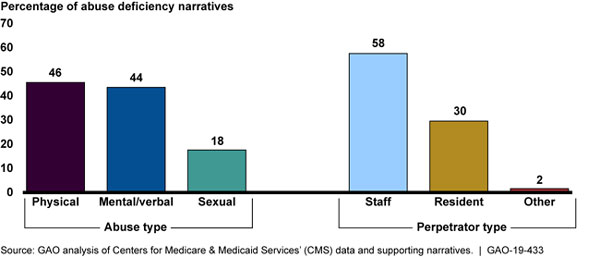If you are one of the millions of those who identify themselves as part of the “Sandwich Generation” then you may be largely responsible for the financial decisions and well-being of an aging parent or loved one. Most will be thrust into the role largely unprepared and learn through on-the-job training. The problem with this approach is that the job is not an internship where an entire team of superiors form a safety net around your inevitable mistakes. Furthermore, the financial decision-making responsibilities are often added to the even greater stress of providing emotional or physical caregiving. Caregiver Burnout is a serious modern condition suffered by millions who are providing a sometimes overwhelming level of care.

Like every aspect of caregiving, the motivation behind financial caregiving has to be one of love, honor, and respect for the one for whom we are providing care. To do the job effectively means that we need to educate ourselves. That’s what motivated me to write the book, What You Need to Know, back in 2012. I thought I knew all there was to know about financial caregiving until I became one. I was a professional financial planner after all. I had worked with clients for over thirty years helping them prepare for financial independence.
But in spite of all this preparation, and even with a healthy investment portfolio, it soon became clear that my parents were going to need someone to get intimately involved with their finances. Someone was going to have to organize and take over the tax reporting, bill paying, income tracking, insurance renewals, Medicare supplement choices, Prescription Drug Plans, Social Security check deposits, phone service, internet service, online parts ordering, sale of the unnecessary second vehicle, getting new Wills done, making sure Powers of Attorney were in place, helping with physician choices, etc., etc., etc.
As order evolved from chaos, I began to organize what I needed to know around four major areas – what I later called “The Four P’s” that include the following:
- People
- Property
- Programs
- Plans
In subsequent posts, I’ll delve deeper into each of these areas to suggest what you need to know about each of these in order to be an effective and honoring financial caregiver.



